EdCamp Saint Augustine (#edcampstaug)
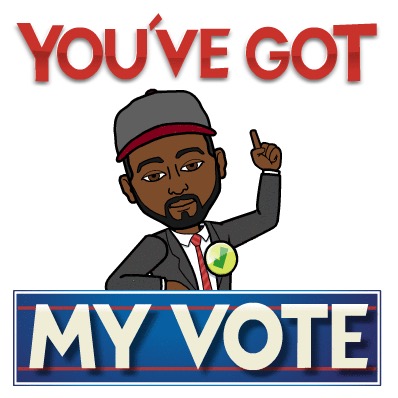 Ed Camps are simply the new thing (for me), or maybe just "the thing." Sure, there are still excellent conferences and forms of professional development, but Ed Camps I like to think of as by teachers for teachers, to the extent that learning something new is guaranteed. After all, You don't find many who are willing to give up 4-8 hours on a Saturday to learn, especially with no monetary compensation. Not only that, there is much to be said for those who travel some distance to get to the Ed Camp, not to mention all of the planning and behind-the-scenes work to make it run so seamlessly.
Ed Camps are simply the new thing (for me), or maybe just "the thing." Sure, there are still excellent conferences and forms of professional development, but Ed Camps I like to think of as by teachers for teachers, to the extent that learning something new is guaranteed. After all, You don't find many who are willing to give up 4-8 hours on a Saturday to learn, especially with no monetary compensation. Not only that, there is much to be said for those who travel some distance to get to the Ed Camp, not to mention all of the planning and behind-the-scenes work to make it run so seamlessly.
EdCamp St. Augustine was no deal breaker as many gathered to learn and grow with each other. In fact, students from Mr. Farnum's class joined us and gave us tours of the amazing (and pricey) Palencia Elementary School that truly is structured for student success, from the extensive "green elements" (earth-conscious) of the school, to the sheer space and opportunity for students to be immersed in their own learning. The students also participated in a session on Student Voice, where each spoke boldly about the important of giving them the opportunity to speak and how it has transformed their educational experience. The four topics below reflect the sessions I attended:
Session One: Virtual Field Trips
Katrina Worthington facilitated this session and we discussed the many benefits of FieldTripZoom, Skype and Mystery Skype. Further, the idea of inviting authors to Skype or go a hangout with you and your students can be both a powerful integration into the classroom as well as an opportunity for you to break down the walls and bring learning to them, especially if you can't physically take students to the source. I have already seen a great topic variety to supplement what we are doing in the classroom.
Session Two: Podcasting
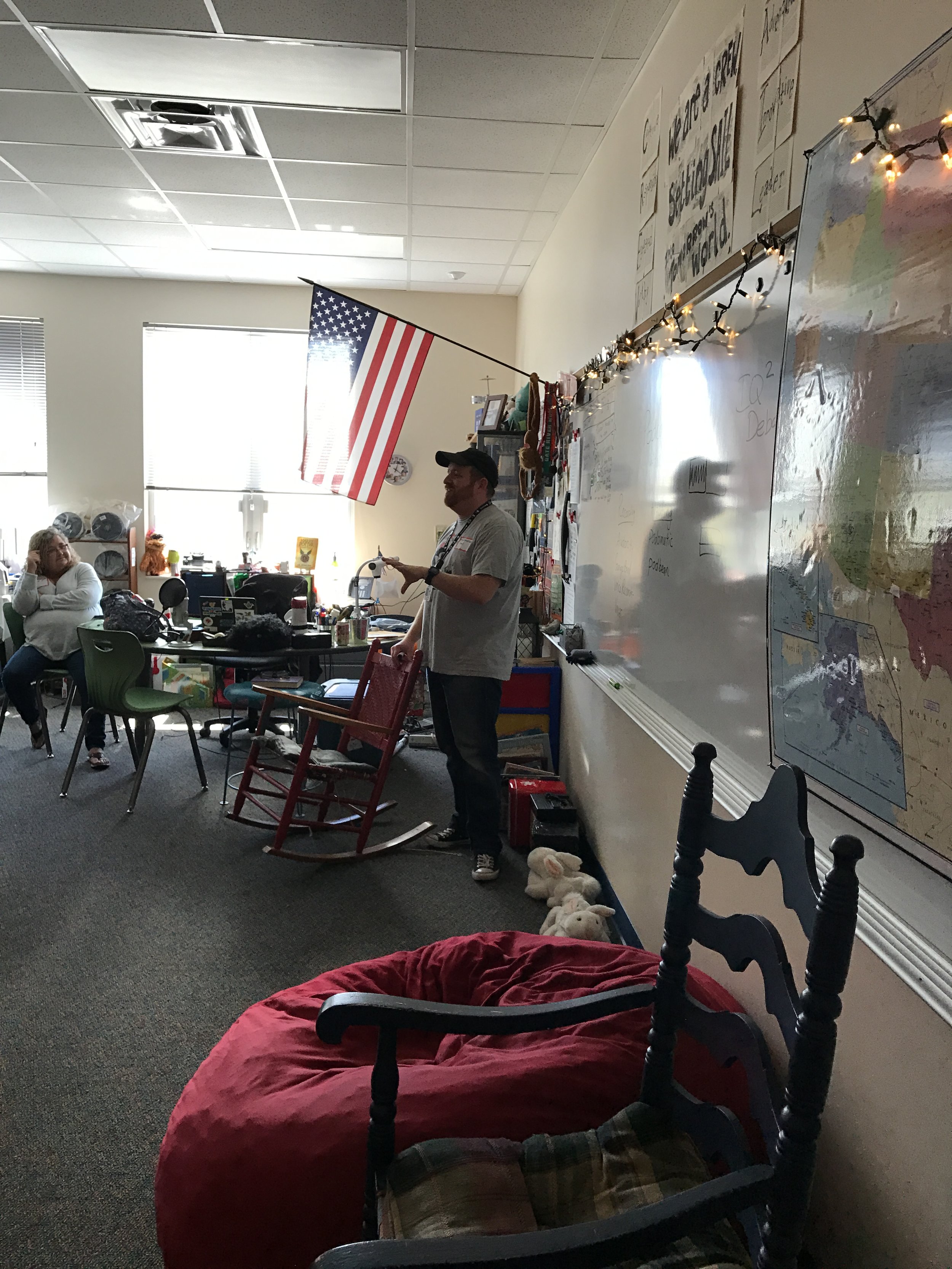
Magic Pants Jones (Sean Farnum) facilitated this session on podcasting, introducing the idea to educators as a way to empower students and give them the space to again, have a voice that can be shared beyond the four walls of the classroom. Sometimes the important messages are allowed to be delivered when educators give the students the opportunity to share that. Many ideas were bounced around the room, to include: One Word for 2017, inspirational podcasting, podcasting to state and local representatives, and conversation or interview-based podcasts. I did get the opportunity to briefly share my experience with students having worked with them to produce the second podcast of the year titled: "Black History Moments." I have conveniently linked it to my blog page for easy listening. There is a growing excitement surrounding getting students talking and creating in this way. Platforms like Garage Band, iPad Audio Apps and even Voxer can be used to grab the student recordings, and then audacity and/or garage band can be used for editing. Podomatic is a great way to publish the podcast, as well as Podbean and even Apple Itunes.
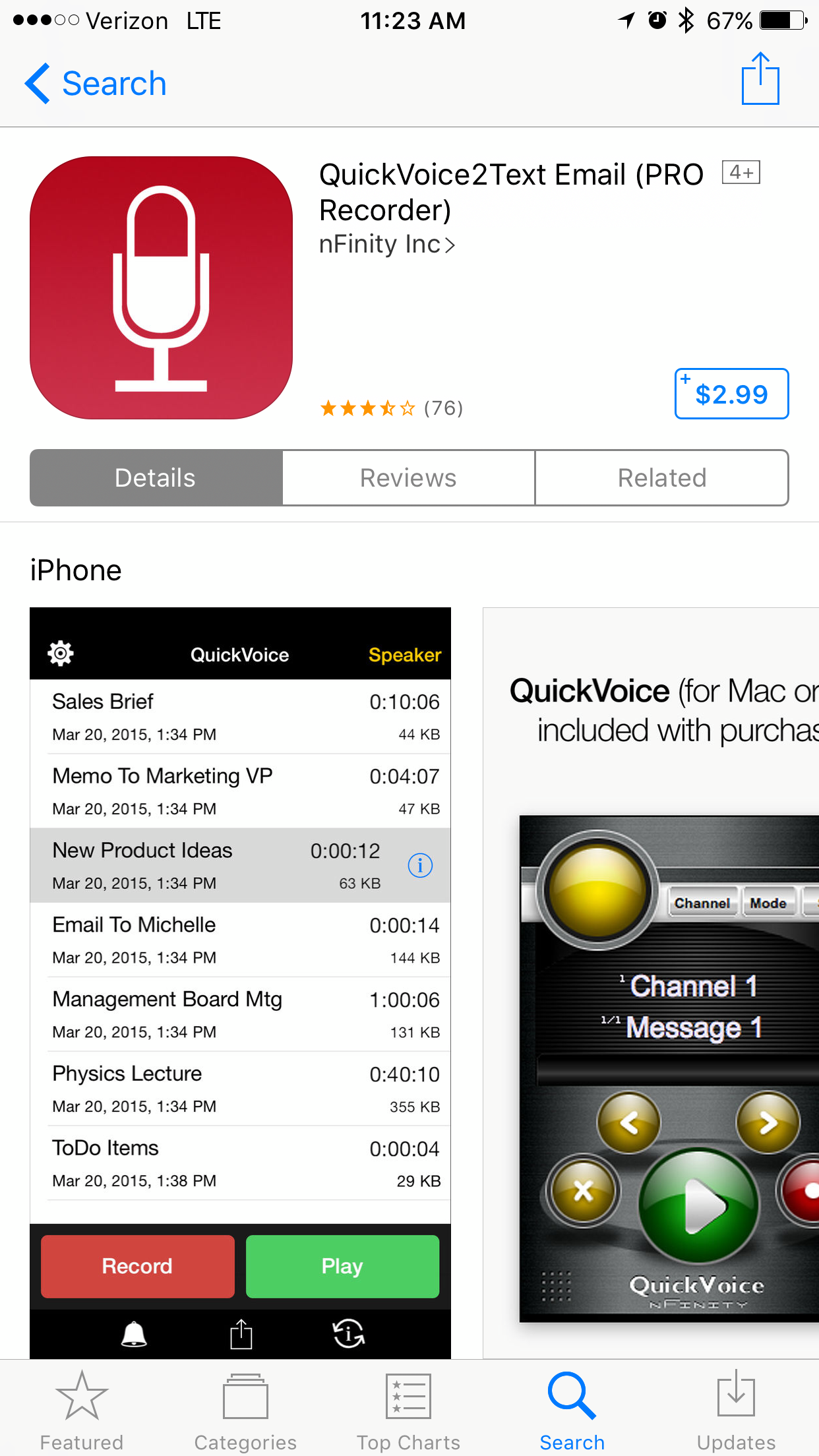
Session Three: Student Ed Camps
I have always wanted to try this out. What an incredible thought/idea, to approach teaching and learning in a new way. What if we allowed students the opportunity to have a voice and learn in a different way? One of the huge takeaways from this session was the fact that students are losing sight of social skills and technology (though useful and appropriate for learning and life, often becomes the tool used for babysitting students when adults are preoccupied or busy with life themselves. The true call of technology is to supplement life, not take over it. A group of educators present in the conversation derived the hashtag #staugssedcamp so that we can get the party started, share ideas about implementation over time, successes and tweaks. Jennifer Casey, Julie Haden, Kristin Westberry and Katrina Worthington were among the spark igniters in this session. We are all looking forward to engaging students in this way. Katrina spoke about the structure of the camps, and how topics were selected by the students, from Starbucks to Minecraft and even favorite drink items. She further commented on the level of student engagement therein and the oral reflections with students after the sessions were over. Joe Robison shared some valuable input as well regarding his experience with student edcamps.
[audio src="https://denegainey.files.wordpress.com/2017/03/dylan-campos-michael-jordan.m4a"][/audio]
Student Podcast Recording Above
Session Four: Play in Classrooms
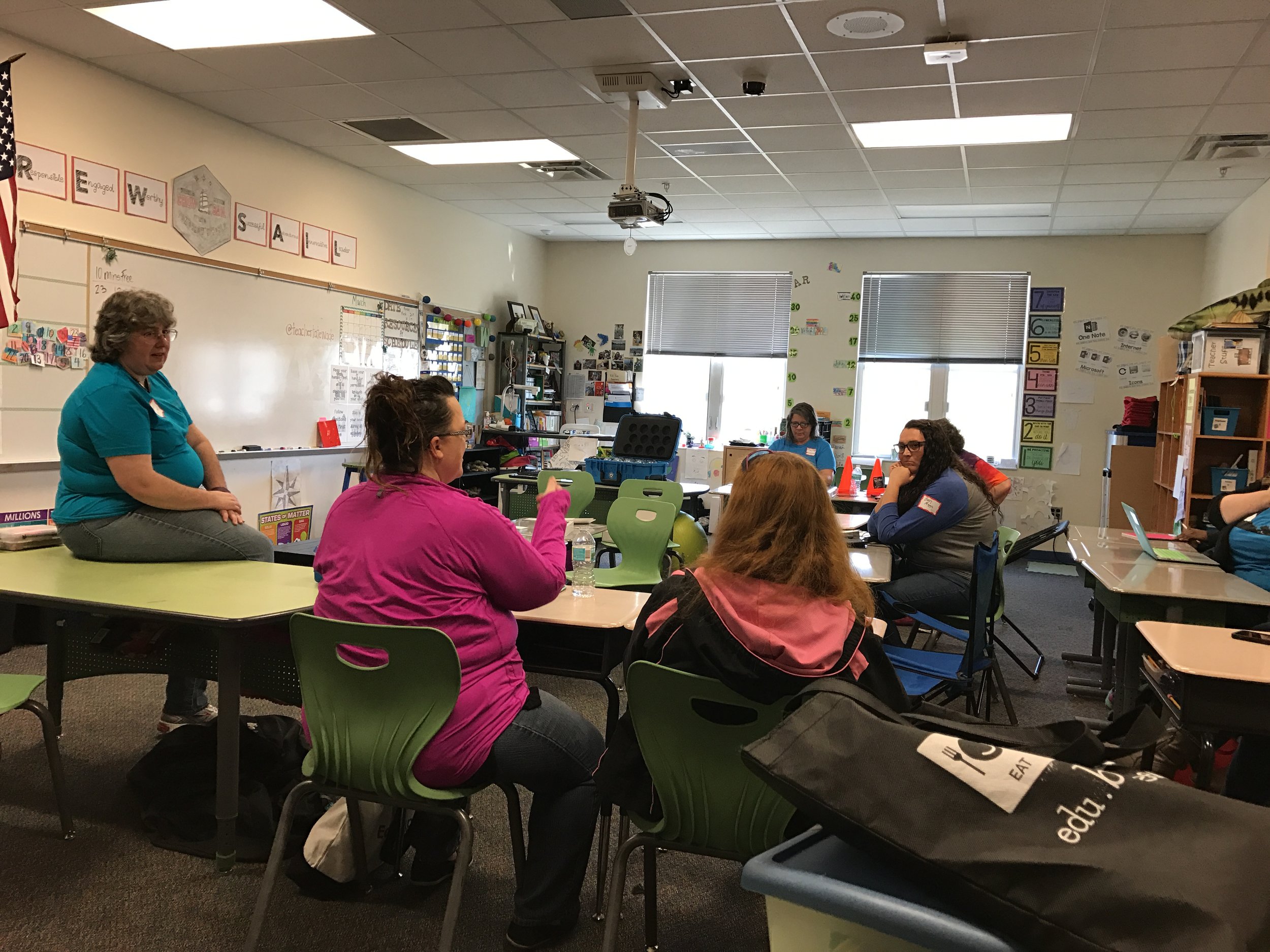
At EdCamp Orange, Sean Farnum facilitated a session on the importance of play in classrooms for students, and Tammy Neil continued that conversation at EdCamp St Augustine. (#edcampstaug) There are many ways that students can play in the classroom, but Tammy Neil stated students need to "play with a point." That makes sense, as there should be some structure so that even though it is play, it is a learning experience.
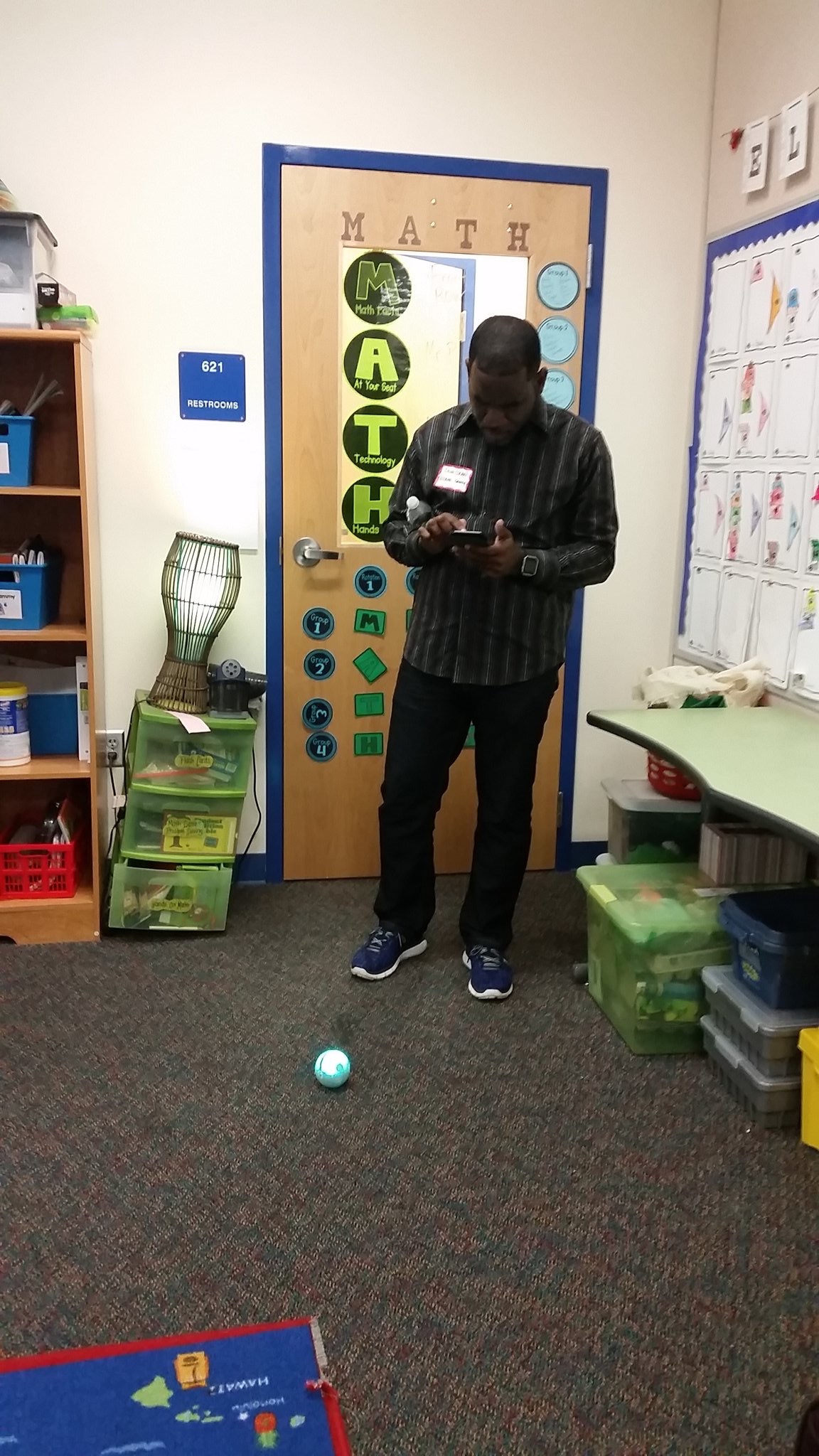
The term inquiry-based learning serves as a great umbrella for play in the classroom as it is research-based and by nature of the idea, there is no one "right way" to inquire. We all know the value of asking questions. And as I always say, without questions, we lack answers. From ideas like Go Noodle, maker spaces, spheros, and ozobots, to gamifying the classroom with Classcraft, students are learning while doing. There is no one way to play, but play is crucial.
I can't wait for the next ed camp, and it looks like that will be on March 25th, which is EdCamp Putnam in Palatka. It's all about the teaching, learning, sharing and growing. I am grateful to be surrounded by people who believe in being lifelong learners.

